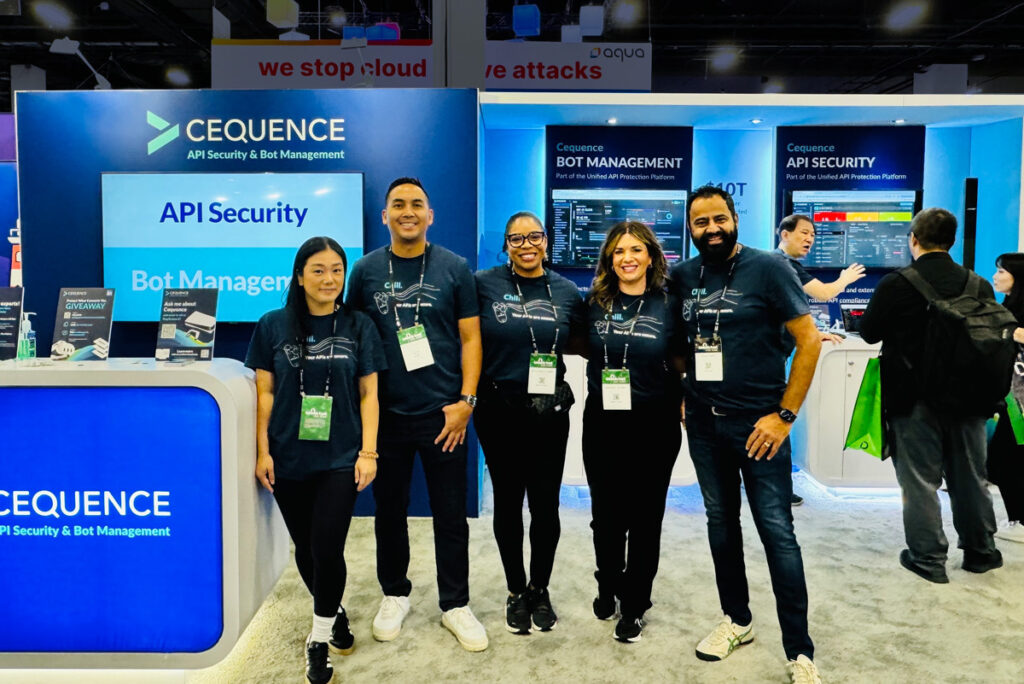Early use cases of fake account creation were to anonymously request info, avoid spam from an online merchant or participate anonymously in a conversation. Today, with so much of our lives managed behind rich, account-based application platforms, fake account creation abuse is commonplace and more often than not, used to execute a secondary attack such as fraud or theft.
The Rise of Fake Account Creation: From Reviews to Fraud
Using fake accounts to enhance product reputation on Amazon or Yelp is a practice that has become so commonplace, it has become its own economy with merchants who will create the reviews for you, and organizations who will analyze the reviews for you. Studies show that as many as 91% of us trust online reviews as much as personal recommendations, which in turn, can result in a significant increase (or decrease) in revenue for the vendor. With as many as 20% of the reviews being fake, regulators in both the U.S. and the U.K. are “encouraging” the vendors to take corrective action.
How Fake Accounts Are Impacting E-Commerce and Social Media Platforms
Whereas a fraudulent product review can have a direct financial impact for an e-commerce vendor, the purpose of fake account creation on other account-based application platforms is wide-ranging. The most well-known example of fraud using social media fake accounts was the findings surrounding the 2016 U.S. presidential election where many social media accounts were created using both automated and manual efforts. Other uses of fake social media accounts include:
- Reputation influence/bombing through fake likes, posting fraudulent comments and taking advantage of account sign-up bonus programs.
- Executing content/profile scraping to use for malicious or competitive purposes.
- Denial of inventory where the high demand item is placed into a shopping cart, resulting in an out-of-stock message to the real buyer.
- Automated shopping, where bots execute legitimate purchases of high demand items from multiple accounts, effectively bypassing purchase quantity limits.
One of the most significant challenges with managing fake accounts is the fact that establishing new accounts is a legitimate transaction and the lifeblood of account-based application platforms. For social media companies, their valuation is tied to the number of users they have, making the battle against fake accounts one that has a direct impact on their financial results. Retailers face the challenge of losing sales to competitors and a resultant decline in revenue; lost customers who go elsewhere to purchase out of stock items.
Taking action against fake account creation is a challenging game of cat and mouse between the application owner and the bad actor. Injecting too much friction, in the form of CAPTCHAs, JavaScript injection or other means, and the users may leave the platform. “Fakers” continually evolve, using automated tools and human farms to create the fake accounts, making adjustments in language, frequency of posting, and location to continue their fraudulent efforts.
How Cequence Security Prevents Fake Account Creation
Our award-winning Unified API Protection (UAP) platform prevents fake account creation and the resultant fraud or theft by analyzing your web, mobile, and API-based application transactions with the assistance of our patented machine learning analytics engine. Cequence is able to separate legitimate transactions from malicious, creating a fingerprints of each that can then be used for policy-based mitigation. Mitigation responses can be tailored to each application from outright block to customized deceptive responses that disrupt the economics of the bad actor. UAP can also be used to share the findings with other elements in your security infrastructure, such as the fraud department. This architectural approach eliminates the need for application instrumentation and provides you with the insight and intelligence to allow legitimate account creation while blocking automated or human-farm generated account creation.
Watch the video below to learn more about how Cequence UAP helps protect your organization from fake account creation and other automated threats:
Reference Links:
- 5-star phonies: Inside the fake Amazon review complex
- How to spot fake reviews on Amazon, Best Buy, Walmart and other sites
- Consumer review survey
- FTC cracks down on fake reviews
- UK regulators crack down on fake accounts
- US House intelligence report on social media influence
Sign up for the latest Cequence Security news
By clicking Subscribe, I agree to the use of my personal data in accordance with Cequence Security Privacy Policy. Cequence Security will not sell, trade, lease, or rent your personal data to third parties.




